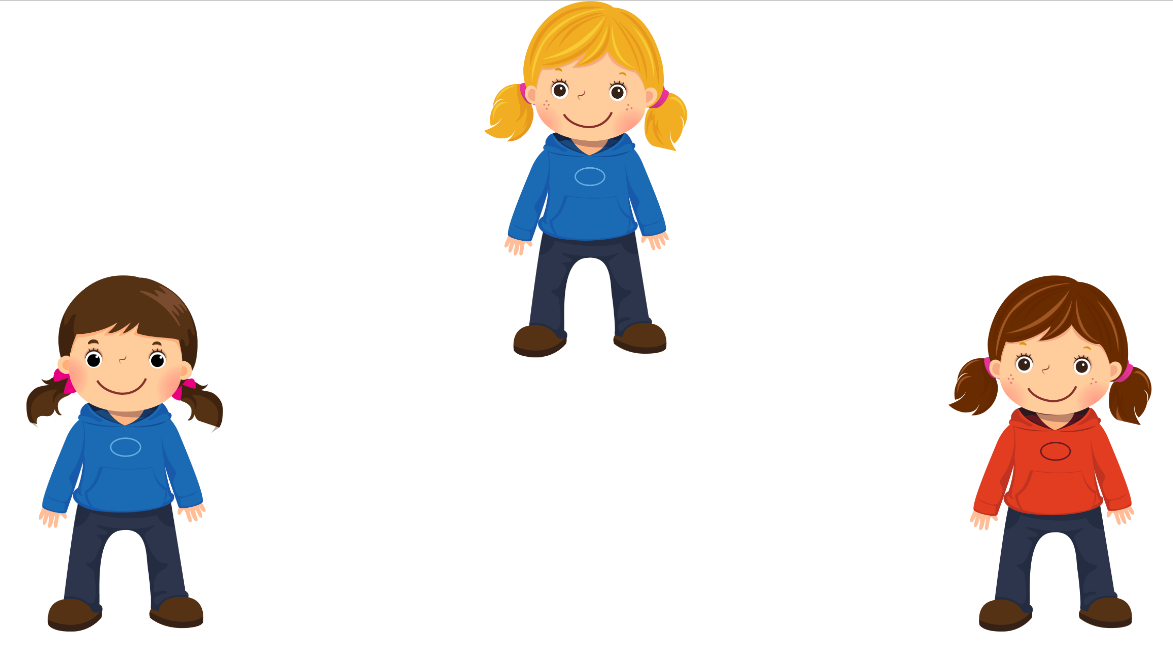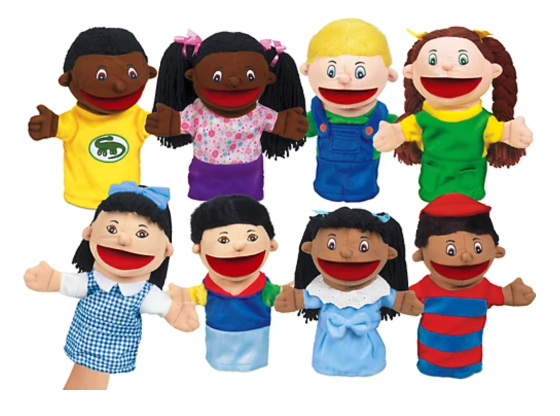Theory of Mind and Social Categorization
Social categories help us organize information about groups of people and help us to efficiently reason about the norms, practices, and values of different social groups. For example, people who share the same religious beliefs may celebrate the same religious holidays. However, knowledge of a social categories can also lead us to overgeneralize group characteristics to individual group members - i.e., it can bias us to use stereotypes when reasoning about individual behavior. In this study, we examine if the development of theory of mind (the ability to reason about the thoughts and feelings of others) can help children avoid focusing on social categories when interpreting individual behavior.
Children between the ages of 3 and 4 years are currently being recruited to participate in this research. Testing is being conducted at participating daycares within the Greater Peoria Area. Over the course of two sessions, children are read a picture book that was designed to improve theory of mind. During each session, children also complete a series of games that were designed to measure (a) general language and cognitive abilities, (b) their ability to reason about the thoughts and feelings of others, and (c) when children use social categories to infer the behaviors of others. We predict that children who receive more practice with theory of mind will be also become more inclined to use internal states to interpret the behavior of another person (e.g., inferring that a person hugs another person because they like them) as opposed to relying on social category information (e.g., a person hugs another person because they belong to the same social group).
Status of study: Data collection is still ongoing! Consent forms are distributed by participating childcare facilities.
Social categories help us organize information about groups of people and help us to efficiently reason about the norms, practices, and values of different social groups. For example, people who share the same religious beliefs may celebrate the same religious holidays. However, knowledge of a social categories can also lead us to overgeneralize group characteristics to individual group members - i.e., it can bias us to use stereotypes when reasoning about individual behavior. In this study, we examine if the development of theory of mind (the ability to reason about the thoughts and feelings of others) can help children avoid focusing on social categories when interpreting individual behavior.
Children between the ages of 3 and 4 years are currently being recruited to participate in this research. Testing is being conducted at participating daycares within the Greater Peoria Area. Over the course of two sessions, children are read a picture book that was designed to improve theory of mind. During each session, children also complete a series of games that were designed to measure (a) general language and cognitive abilities, (b) their ability to reason about the thoughts and feelings of others, and (c) when children use social categories to infer the behaviors of others. We predict that children who receive more practice with theory of mind will be also become more inclined to use internal states to interpret the behavior of another person (e.g., inferring that a person hugs another person because they like them) as opposed to relying on social category information (e.g., a person hugs another person because they belong to the same social group).
Status of study: Data collection is still ongoing! Consent forms are distributed by participating childcare facilities.
Empathy is for Everyone: Even Puppets
Understanding empathy is fundamental to social development and the formation of positive relationships. In this study, we joined with the Peoria PlayHouse to examine if museum-based programs could be used to effectively promote empathy skills in early childhood.
Over the course of the summer, we ran a weekly program on site (approx. 40 minutes in length) that was designed to promote emotional understanding & perspective taking in young children between the ages of 2 and 6 years. The program involved an interactive puppet show and assessment that encouraged children to identify and reason about the thoughts and feelings of others. Transfer of learning was additionally assessed via observation of children's semi-structured play during the session.
Status of study: Data collection for this project is now complete. We are currently analyzing the data and hope to share our findings by December 2022!
Understanding empathy is fundamental to social development and the formation of positive relationships. In this study, we joined with the Peoria PlayHouse to examine if museum-based programs could be used to effectively promote empathy skills in early childhood.
Over the course of the summer, we ran a weekly program on site (approx. 40 minutes in length) that was designed to promote emotional understanding & perspective taking in young children between the ages of 2 and 6 years. The program involved an interactive puppet show and assessment that encouraged children to identify and reason about the thoughts and feelings of others. Transfer of learning was additionally assessed via observation of children's semi-structured play during the session.
Status of study: Data collection for this project is now complete. We are currently analyzing the data and hope to share our findings by December 2022!


